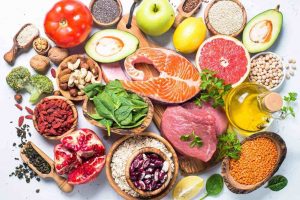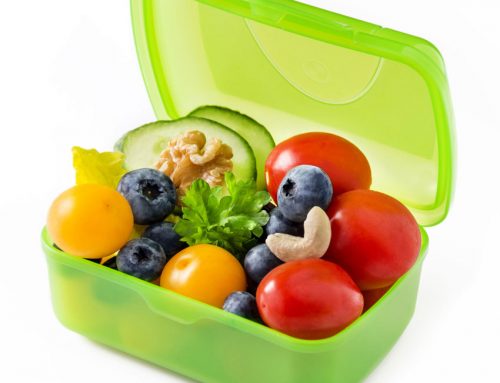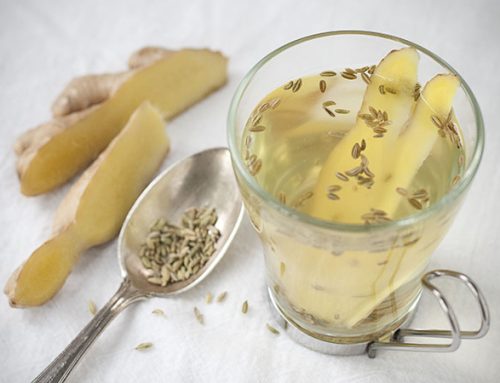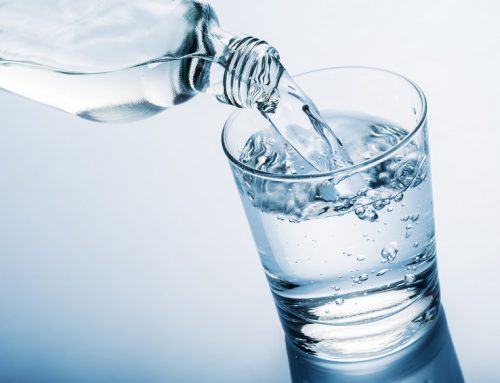Your metabolism is the rate that your body burns calories and uses up energy from food, so the goal is to have a strong and healthy metabolism so you can burn sufficient calories and maintain a healthy weight or lose weight if you want to.
Quite often, individuals looking to lose weight and get healthy will drastically change their diet, eating far fewer calories, not eating in the morning or evening, and only eating vegetables and meats. They’ll see results at first, but their weight will quickly plateau. They may then wonder why they can’t seem to lose any more weight, even though they are eating “healthier” than ever.
The reason? Their metabolism (the rate your body burns calories) has plummeted.
To put it simply, the body is adjusting to the fact that fewer calories are available (since you’re eating less), so in order to survive, you are burning fewer calories to conserve energy. Imagine if your vehicle started to burn less fuel the lower the tank got…that’s what your body is doing.
In order to lose weight or maintain a healthy weight, you can keep your metabolism running strong by doing a few things:
- Eat enough calories throughout the entire day. Truck drivers often tell me they eat only one meal at the end of the day, just because it’s easier to fast when they’re on the road. I know eating consistent meals and snacks can be tricky when on the road, but it goes a long way in keeping your metabolic “furnace” running; you need to stoke the fire to keep it burning! I don’t recommend counting calories on a regular basis, but it can be helpful to track for a few days if you think you may be under-eating. You can use an app like MyFitnessPal
 or Cronometer to find your calorie needs, but some apps will underestimate this number, so keep that in mind. Remember, these calories need to come from real, unprocessed foods, so keep reading to learn more about where to get your calories from.
or Cronometer to find your calorie needs, but some apps will underestimate this number, so keep that in mind. Remember, these calories need to come from real, unprocessed foods, so keep reading to learn more about where to get your calories from.- Eat Breakfast within 1 hour of waking up. This will give your body the signal to start burning calories, and will help you meet your nutrient and calorie needs for the day. A mix of carbs, protein, and fats is best, with a great example being eggs and fruit, or Greek yogurt and berries. Speaking of carbs, protein, and fats…
- Protein: Eat high quality sources of meat, including beef, chicken, fish, and even organ meats such as liver. Collagen powder and gelatin powder are a great way to add protein to your meals. If you’re a vegetarian, consider eating eggs and high quality dairy, but if you don’t eat those, you’ll want to look at plant-based protein powders to supplement your protein intake.
- Carbohydrates: Yes, carbs are good for you and are your body’s most accessible source of energy. Focus on fruit, root vegetables, potatoes (white and sweet), and occasionally rice. Maple syrup and honey are your best options for sweeteners. Avoid very low carbohydrate diets which create a lot of stress for the body as it’s forced to find alternate sources of glucose by breaking down protein and fat.
- Fat: Necessary for energy, absorbing nutrients, and making hormones, fat isn’t something to fear. Remember, dietary fat and body fat are not the same thing. Meat is often a source of fat, and you can get more from high quality dairy products, coconut or coconut oil, and avocados. Avoid vegetable oils and margarine as much as you can.
- You can also eat a bedtime snack, especially if you find yourself hungry after dinner. Something light that contains carbs will be best, like a banana or a few grapes and a piece of good quality cheese will work well to keep your metabolism boosted and your glycogen stores fuelled all night, so your liver can do its job while you sleep.
In short, eat a variety of whole, unprocessed foods, being sure to eat breakfast and enough calories overall, and avoid heavily processed foods whenever possible. A variety of meats, fruits, root vegetables, and coconut oil/avocados is a great start. If you’re looking to lose weight or improve your health, it will be crucial to continue avoiding unhealthy, processed or packaged foods like baked good, chips, candy, chocolate, soda, and alcohol.
Note: Following these tips is a great way to keep your body burning sufficient calories to support a healthy weight. If you are still struggling with weight loss, you may want to speak with a nutritionist, dietitian, or doctor to determine if you have any underlying health issues that need to be addressed.






Leave A Comment